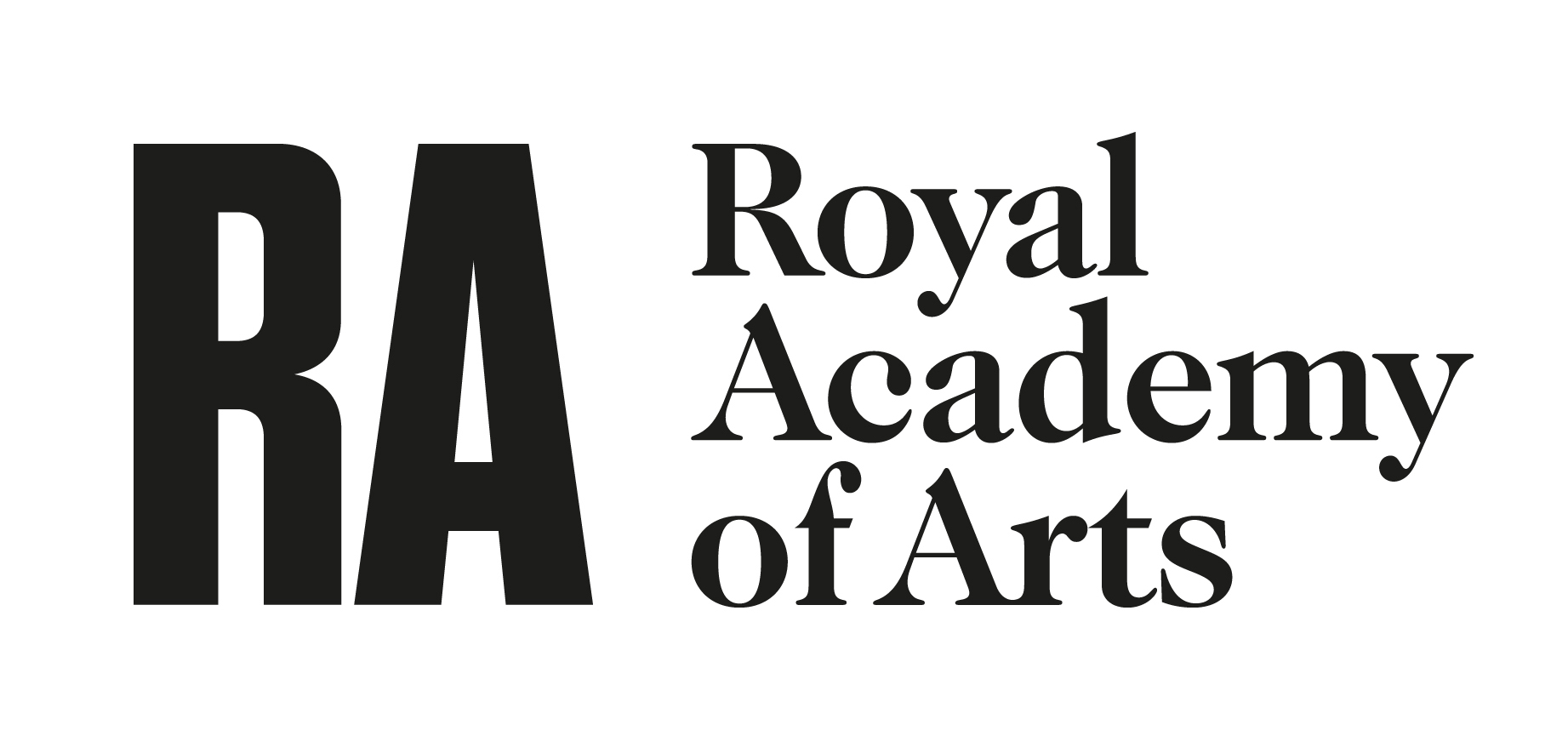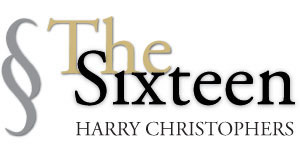We caught up with 2018 Genesis Award winner John R. Wilkinson, ahead of his directorial debut at the Young Vic with Winter, written by Norwegian playwright Jon Fosse.
What have you been up to since winning the Genesis Future Directors Award?
First of all, I would like to thank the Foundation and the Young Vic for giving me this opportunity. I am so, so happy to be here and cannot wait to direct Winter, which is an intense yet rewarding play. Since winning the award I have been splitting my time between London, and my work at West Yorkshire Playhouse and York Theatre Royal – where I am Director in Residence and Associate Artist respectively. These are two amazing buildings, both renowned for their community engagement and young people’s work; very much akin to the fantastic Taking Part programme at the Young Vic.
Aside from preparing for rehearsals, the Genesis award has given me the chance to make new connections and feel at home in one of the most important, intensive and sincere theatres in London. Once you get involved here you sense a mentality of artistic excitement, a passion which somehow stokes your own fire and enjoyment in making work. I am just here to add a little of my own personality and philosophy into that mix. The goal is always to become a better director so that, ultimately, you can help actors enjoy making greater work.
What has the directing process been like?
Rehearsals started last Monday so, really, we’ve been in pre-production until now. This is a really exciting part of the process; when you get to build an exceptional creative team around you, and see how they’ve responded to the play. Everyone will have slightly different thoughts (often better than your own!) so it’s nice to see what that cocktail of collaboration does to an original vision. Happily, the rest of my team are really experienced and adaptive. I feel like we’ve been equally enlivened by the challenges and possibilities in Jon Fosse’s writing.
I’m looking forward to getting into a room with the actors. It is my hope that the next month will prove thought-provoking yet halcyon. Jon Fosse is one of the leading figures in modern European drama. Someone described him as a universe unto himself and I think that’s apt. Yet he is rarely performed over here. There is an inescapable deal of pressure saddling those facts. You feel a responsibility to do right by him.
Do you think there are enough mentoring opportunities for young directors in the UK? What needs to change in the industry?
I’m caught between two answers here. My instinct is “No, not really.” This is why the Genesis Future Directors Award is so important. In these times of tightened arts funding it’s harder for buildings to take risks on less experienced directors. Certainly not with any kind of buffer for them. What Genesis and the Young Vic do is unique; they really nurture you, in the definitive sense of the word. They take much of the accepted pressure off. You feel as though you’re being given the keys to an auditorium. That moment of realisation, of sitting in an empty space full of potential, is wonderful. I also feel that they get the balance right. It’s not just about creating artists to make work. It’s much more about your personality; creating people to make art, if you like.
That said, I don’t want to wash over the fact that there are lots of brilliant development initiatives springing up for people all over the country: Derby Theatre’s ‘In Good Company’, ‘Open Exchange’ in Manchester, ‘Making Room’ at Sheffield Theatres, to name but a few. The Genesis Directors Network is perhaps both a catalyst and microcosm of this. I think theatres now realise they can seem impermeable so it’s about using intelligence, friendship and generosity to break down their walls, make-believe or otherwise.
What needs to be done? Two things, I think. I was told recently that training bursaries for PGCE Drama courses no longer exist. This is shocking. It typifies how we as a nation give little value to art and culture. We need to fundamentally reassess the fact that creativity permeates humanity as a whole. It should be encouraged. Without it we’d essentially have half a world. The second thing is to advance education and awareness of equality and diversity in the arts. This is just another facet of the openness I mentioned earlier. As a disabled director, I’m delighted that we are seeing a gradual shift: more stories, voiced by a greater variety of people.
What is Winter about and why should people see it?
In a nutshell; a businessman meets a young woman on a park bench and throughout the course of four scenes they develop a very strange relationship – Will they, won’t they?
My background is in English Literature and I’ve always been obsessed with the rhythms and poetry of language. As I mentioned above, Jon Fosse is unique: avant-garde meets romanticism, both artisan and sage.
However, that’s all surface. What is special about Jon’s work is its energy. There’s a potentiality in there which is very hard to articulate. It just feels raw, full of emotions that anyone would struggle to put into words. I’ve had the pleasure of talking to him via email and his artistic world is borne of fascinating abstract concepts: like mysticism, philosophy and spirituality (he’s a very religious man). This spirituality is the key for me. He strips theatre back to its ritual, its intangibility, more so than any other Western playwright I can think of. In this country we’re still uncomfortable about expressing how we truly feel; maybe that’s why he’s rarely done over here. I think it will be a revealing, fascinating experience for the audience.
Winter, by Jon Fosse, directed by John R, Wilkinson opens on 14 February 2018 at The Clare, Young Vic.
General tickets for Winter are sold out, but if you would like to book access tickets for any of the audio-described performances or the captioned performance on 23 Feb, please contact the Young Vic Box Office (020 7922 2922).
To read John R. Wilkinson’s interview with the Stage, click here.
For more information on the Genesis Future Directors award, click here.






